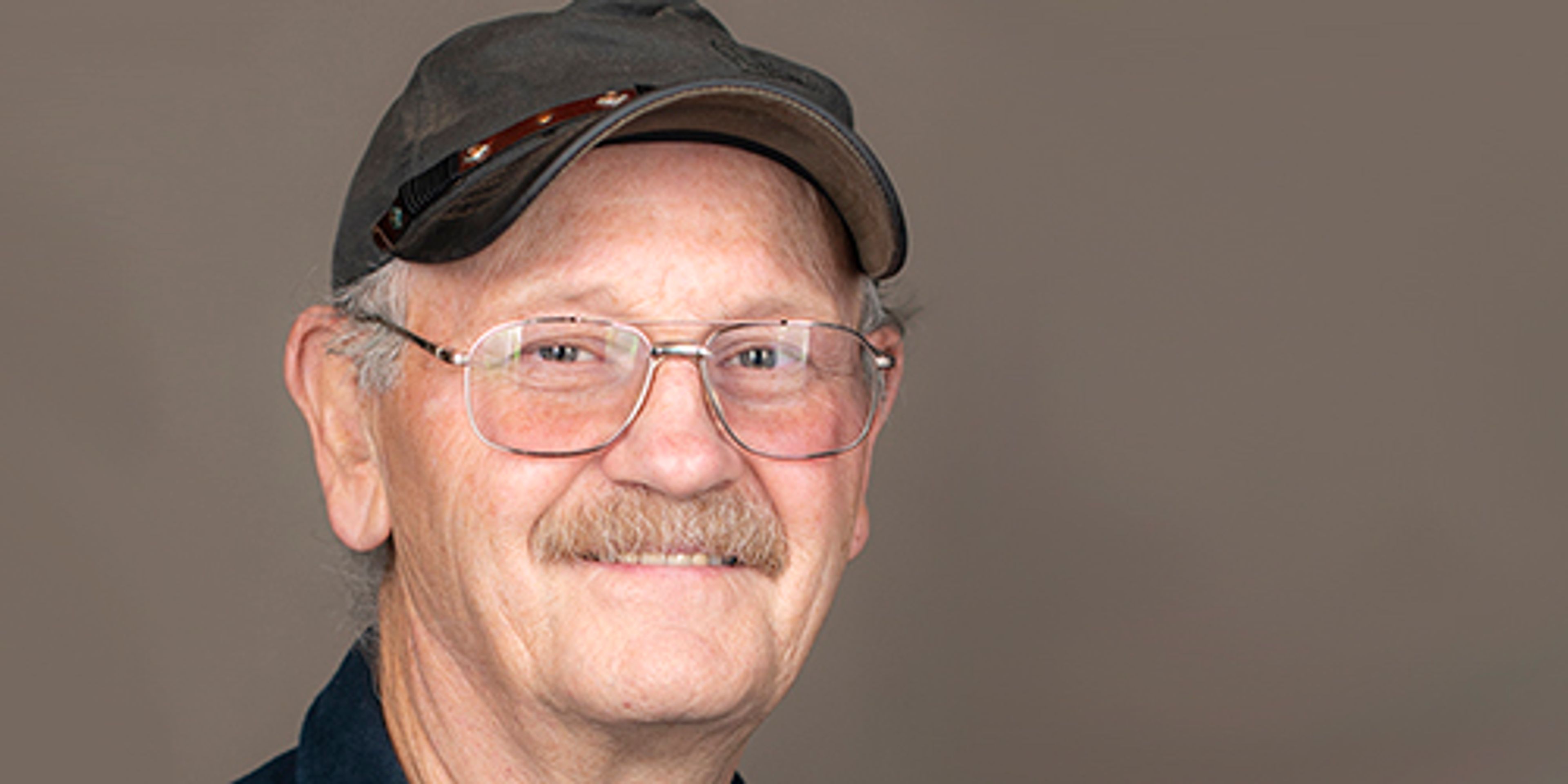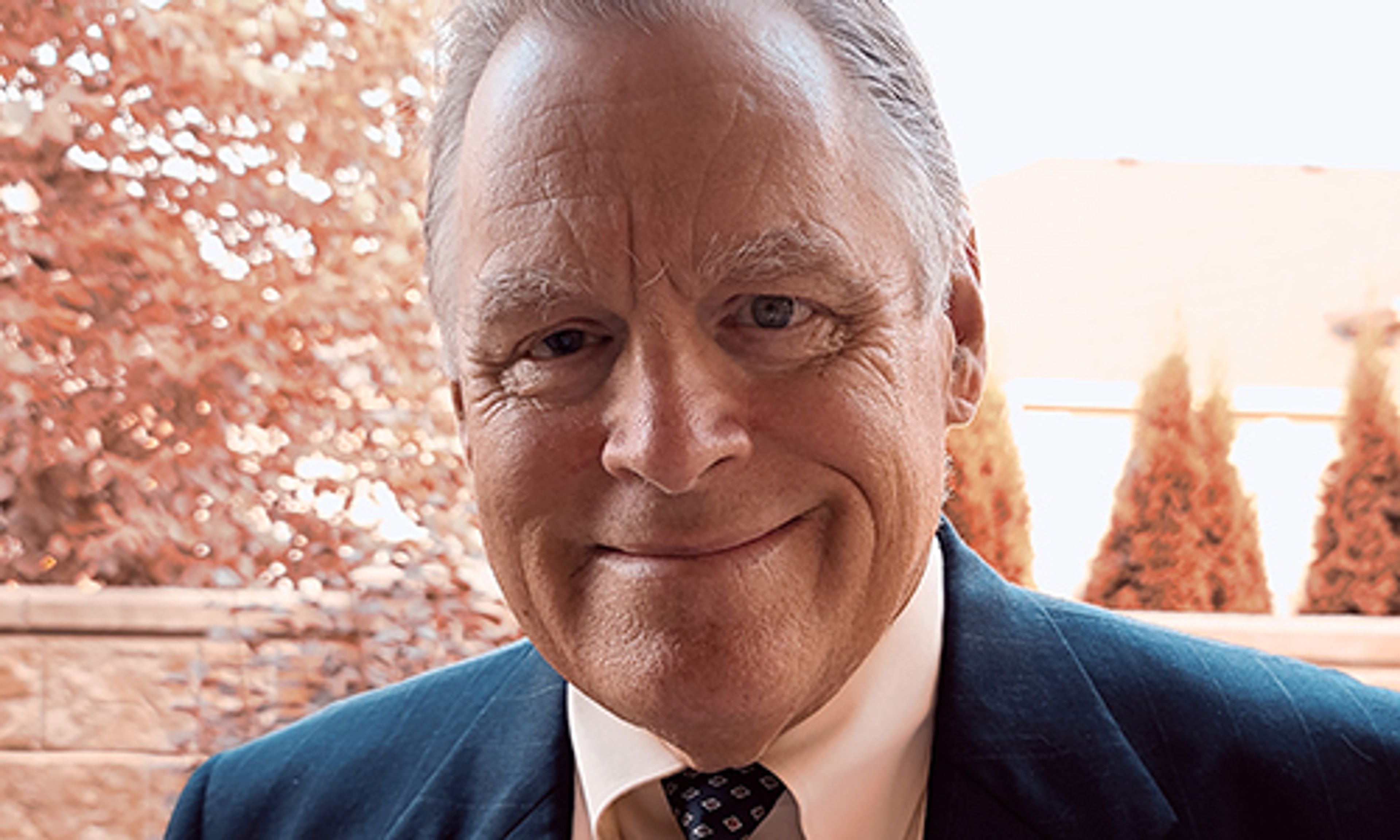OPINION: Finally laying Washington’s death penalty to rest
Guest Editorial: Another Newspaper’s Opinion
This editorial was published in The Yakima Herald-Republic.
———
“It’s a hell of a thing, killing a man,” Clint Eastwood’s grizzled, gunslinging character mused in the 1992 western classic “Unforgiven.” “Take away all he’s got and all he’s ever gonna have.”
Sobering words from a fictional cowboy. Words that should give us all pause.
The idea of taking someone’s life is as dark a thought as anyone can have. It’s not an action that any society should condone, let alone conduct.
But since 1904, our state has executed, by hanging or injection, 78 men as punishment for a range of horrific crimes. The last execution was carried out on Sept. 10, 2010.
Last year, however, the Legislature agreed to take state-sponsored executions off the books. Gov. Jay Inslee ordered a moratorium on them in 2014, and four years later, the Washington Supreme Court negated the law altogether.
Last week, the governor formally closed the Washington State Penitentiary’s death chamber in Walla Walla. Still, even though it’s been 14 years since the state has put anyone to death, feelings about ending the practice are mixed around Washington.
That’s understandable. It’s hard to imagine how vengeful thoughts wouldn’t creep into your mind if you’d lost someone you loved to the incomprehensible violence of a criminal act.
Of course you’d want the killer to pay — perhaps even with his own life.
But would that really help? The practical answer is no.
No matter what your moral stance is, capital punishment isn’t particularly effective or efficient.
Sure, execution inarguably ends the threat of further crimes by the condemned person. And for some victims’ loved ones, that might bring a certain amount of satisfaction or peace of mind.
It can’t bring back the victim, though. It won’t restore a shattered family.
Just ask the family of Lisha Gayle, who died in a 1998 stabbing in her St. Louis home. Over the objections of her relatives — and even the prosecutor — Missouri executed 55-year-old Marcellus Williams on Sept. 24. He was one of five U.S. prisoners scheduled to die just last week.
His death certainly wasn’t much consolation to the victim’s relatives.
“The family defines closure as Marcellus being allowed to live,” their attorneys stated in a futile court petition. “Marcellus’ execution is not necessary.”
Numerous studies show it’s also far more expensive to try to execute someone than to incarcerate them. Capital cases routinely involve years of legal wrangling — on average, condemned inmates spend 19 years on death row, the Pew Research Center reports. All those hours in court might be profitable for lawyers, but they’re potentially devastating to state budgets and family savings accounts.
Worse yet, statistics tell us that the death penalty isn’t applied equally. Among other factors, race, income and gender often play a key role in determining whether people convicted of certain crimes end up facing execution.
In the long run, it isn’t even reliable as a deterrent.
People who commit violent acts aren’t necessarily considering consequences in that moment. Other elements can be in play, too, according to the nonprofit, nonpartisan Death Penalty Information Center — lower unemployment means lower crime rates as does greater police presence.
Add in the unsettling reality of erroneous court conclusions from false testimonies, mistaken identities or inadequate legal representation, and the risks and drawbacks outweigh the benefits.
In a nation that still claims liberty and justice as foundational values, it’s hard to see a justification for government-ordered killings.
As eloquently as Mr. Eastwood’s lines echo, the words of Gov. Inslee — written on a plaque that now hangs on a wall in the closed Walla Walla death chamber — strike us as even more appropriate:
“When the ultimate decision is death, there is too much at stake to accept an imperfect system.”
TNS





